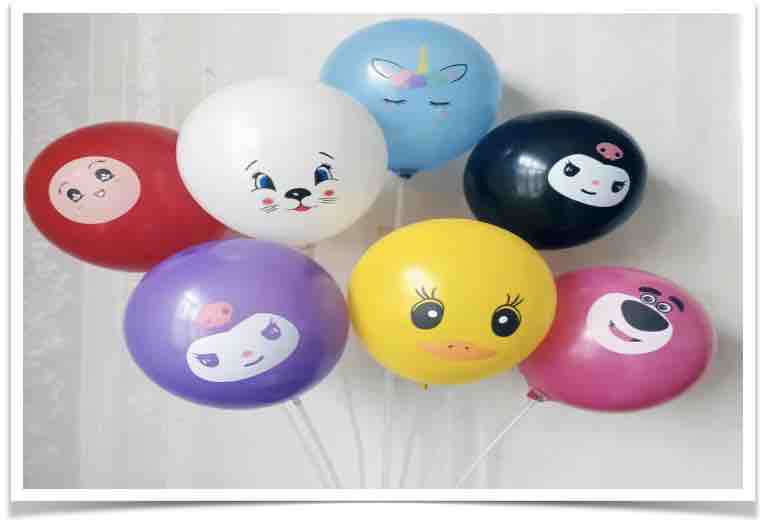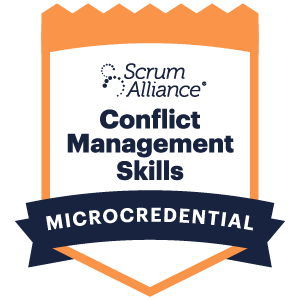In today’s fast-paced, collaborative work environments, especially within agile teams, conflict isn’t just common; it’s inevitable. With diverse perspectives, rapid decision-making, and constant change, tension naturally arises.
But conflict itself isn’t the enemy. It’s unavoidable, and not all of it is bad. What truly matters is how it’s managed. When identified and addressed effectively, conflict can lead to constructive dialogue, stronger relationships, and even innovation.
The truth is simple: conflict isn’t the problem, instead poorly managed conflict is.
The Value of Conflict Management in Agile Teams
Conflict often gets a bad reputation, but in healthy, adaptive teams, it's a sign of engagement. It can surface risks, challenge assumptions, and lead to better decisions when handled skillfully.
Here’s what effective conflict management brings to agile teams:
Improved Collaboration: Addressing differences openly creates clarity and strengthens mutual respect.
Innovation: Constructive tension helps surface new ideas that wouldn’t emerge in a conflict-free echo chamber.
Stronger Team Cohesion: Navigating tough conversations builds trust and psychological safety over time.
Faster Problem Solving: Teams that tackle conflict head-on resolve roadblocks quickly and move forward confidently.
Resilient Leadership: Leaders who manage conflict with empathy and structure earn deeper influence and credibility.
Simply put, mastering conflict management makes teams not just more productive, but also more human.

The Real-World Challenges Teams Face
Yet, despite its value, conflict remains one of the hardest aspects of team dynamics. Many teams struggle with:
Avoidance: Conflict is swept under the rug, leading to festering resentment and communication breakdowns.
Escalation: Without the right tools, tensions can spiral, eroding team morale and damaging relationships.
Power dynamics: Hierarchies or strong personalities can silence valuable voices and create imbalances in decision-making.
Misunderstandings: Cultural differences, remote work, and unclear expectations make miscommunication more likely.
Emotional reactivity: In high-stakes settings, people often react before reflecting—making issues worse instead of better.
These challenges are not only common—they’re natural. But they don’t have to derail your team’s momentum.
How the Conflict Management Skills Micro Credential Helps
This 8-hour, instructor-led course is built around practical frameworks and real-world scenarios. You will walk away with - confidence.
Tools
Tools to prepare for conflict before it arises and to work with conflicts when they surface
Skills
Skills to read team dynamics and defuse escalating situations
Strategies
Strategies to create conflict management plans aligned with team values and agile principles
It’s not about eliminating conflict—it’s about reframing and redirecting it into productive dialogue.
This course is perfect for you if you are seeking innovative ways to address conflict.
Anyone who works in a team-based environment
Anyone who wants to navigate professional conflicts effectively
Some of the roles that are particularly well-suited to leveraging these skills are:



